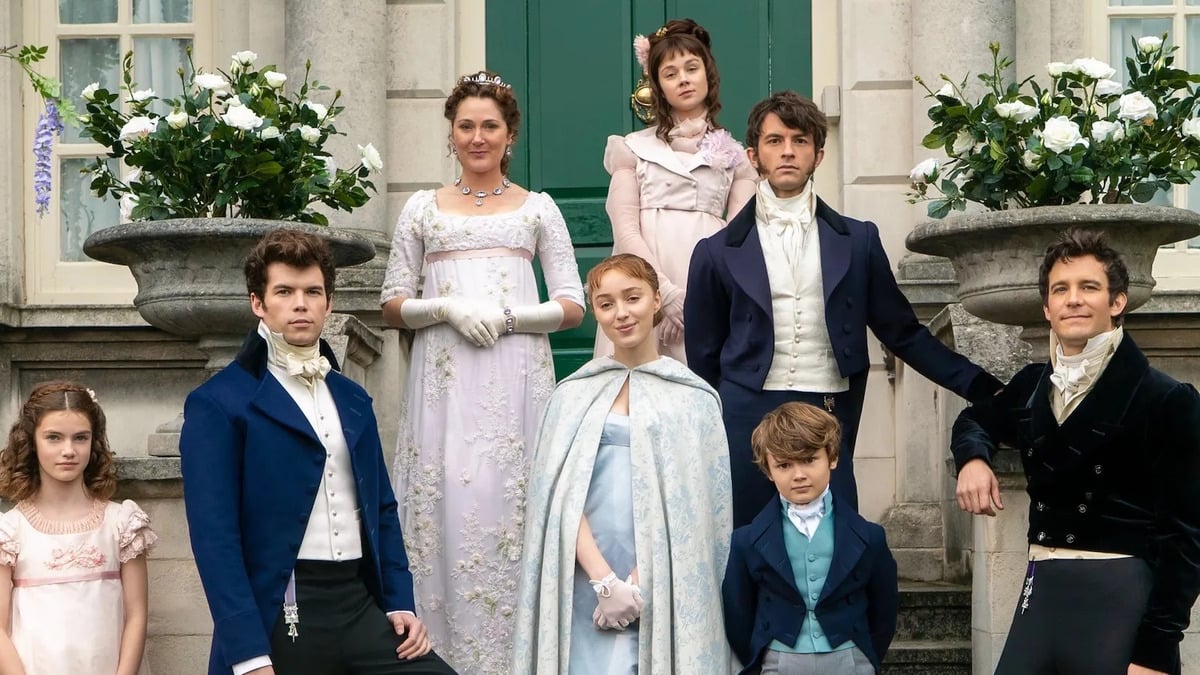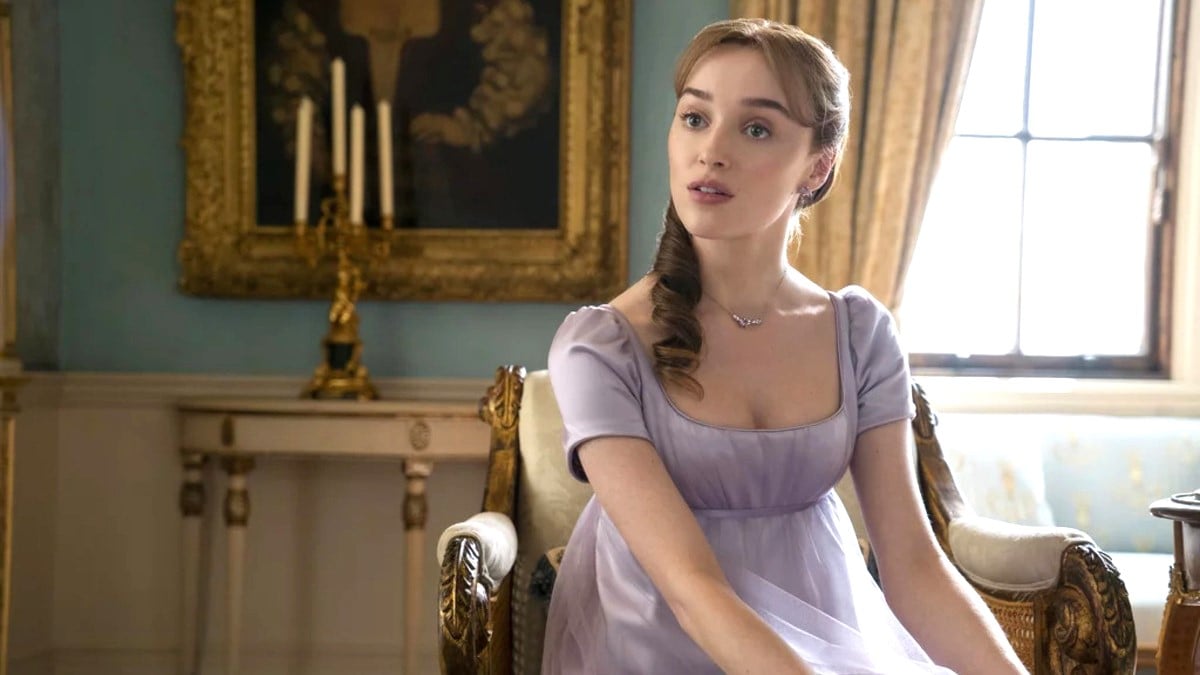While Bridgerton may at first be mistaken for a highly dramatized depiction of courtship among the English nobility — and that does make up most of the show, admittedly — the story is about far more than what the “ton” get up to in their free time.
There’s something about Bridgerton that clicks for the audience, even if the show’s subtle undertones make it difficult for the conscious brain to pick up on it. And no, it’s not just the fantasy of vicariously living through these characters from another time, characters whose unrelatable conflicts, perfectly isolated from the ordeals of the real world, seem to become relatable precisely for the fact that they have nothing in common with the lives we lead in the 21st century.
Ultimately, it’s not the fancy costumes, nor the elaborate balls, nor Lady Whistledown’s velvety prose, that compels you to binge through whole seasons of Bridgerton in days. In fact, according to executive producers Shonda Rhimes and Betsy Beers, Bridgerton‘s appeal is in the name itself.
Why is Bridgerton called Bridgerton?

As the two producers explain in Inside Bridgerton, the main thrusts of their series are “pleasure, sex, and love” but the problem is that people take these things for granted nowadays.
“Let’s be honest: The ‘thing’ was the idea that Violet Bridgerton had a thousand children ⏤ by choice ⏤ and wants them to all marry for love when nobody did such a thing. Love was a radical concept at the time rather than the most important thing,” Beer explains.
Shonda then touches on why these concepts are not alien to us because we live in a society where, rather contrarily, it would be absurd not to marry for love.
“It’s funny to think about this now because we are a romantic society ⏤ love is the most important thing, and then you figure out the rest. It feels almost incomprehensible to marry someone today who you didn’t love, whereas it was a rarity in Regency England. The driving factors in the marriage market were wealth and status ⏤ and many hoped to find a man who would give them an heir and then, ideally, die.”
As for the name of the series, Bridgerton is essentially here to bridge the gap between period and modern storytelling, a dilemma that’s as old as the very conception of our new artistic mediums.
“These Bridgertons and their love of love keep breaking that mold,” Betsy further explains. “They are the bridge from period to modern storytelling in the show; we relate to them. And this is important because we were looking for all the connective tissue we could find to create a world that audiences today could project themselves into, characters who they could say, ‘That’s me.’ People could really relate and find someone in that family to relate to, whether it was Eloise, Daphne, Benedict, or Anthony. And then, of course, there are their counterparts: There are a lot of people who feel like they are Kate.”
The question now is whether people will continue to relate to these characters when the premise gets all too familiar. I guess we’ll find out soon enough, as the Bridgerton community gears up for the release of the third season on May 16.

